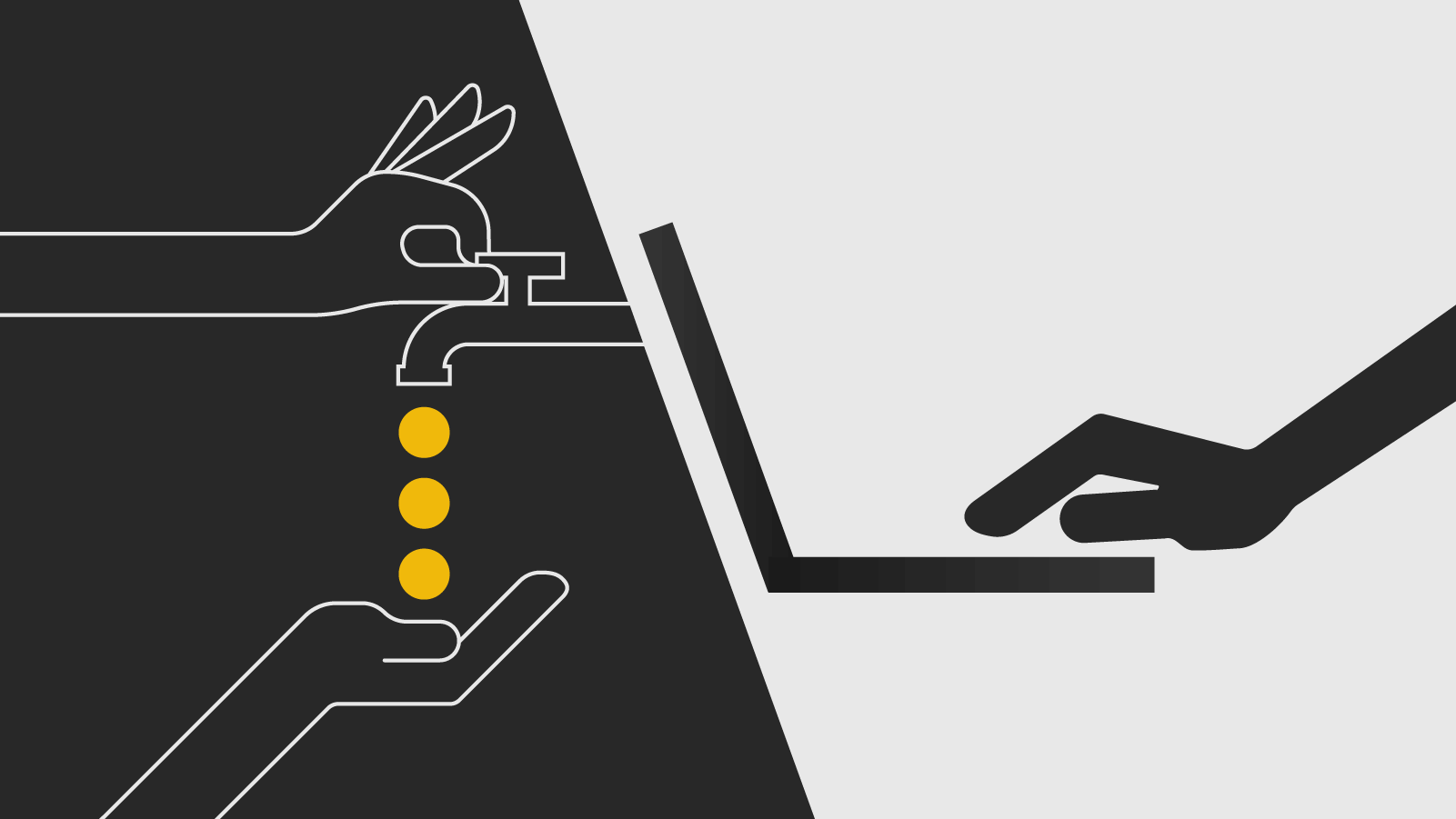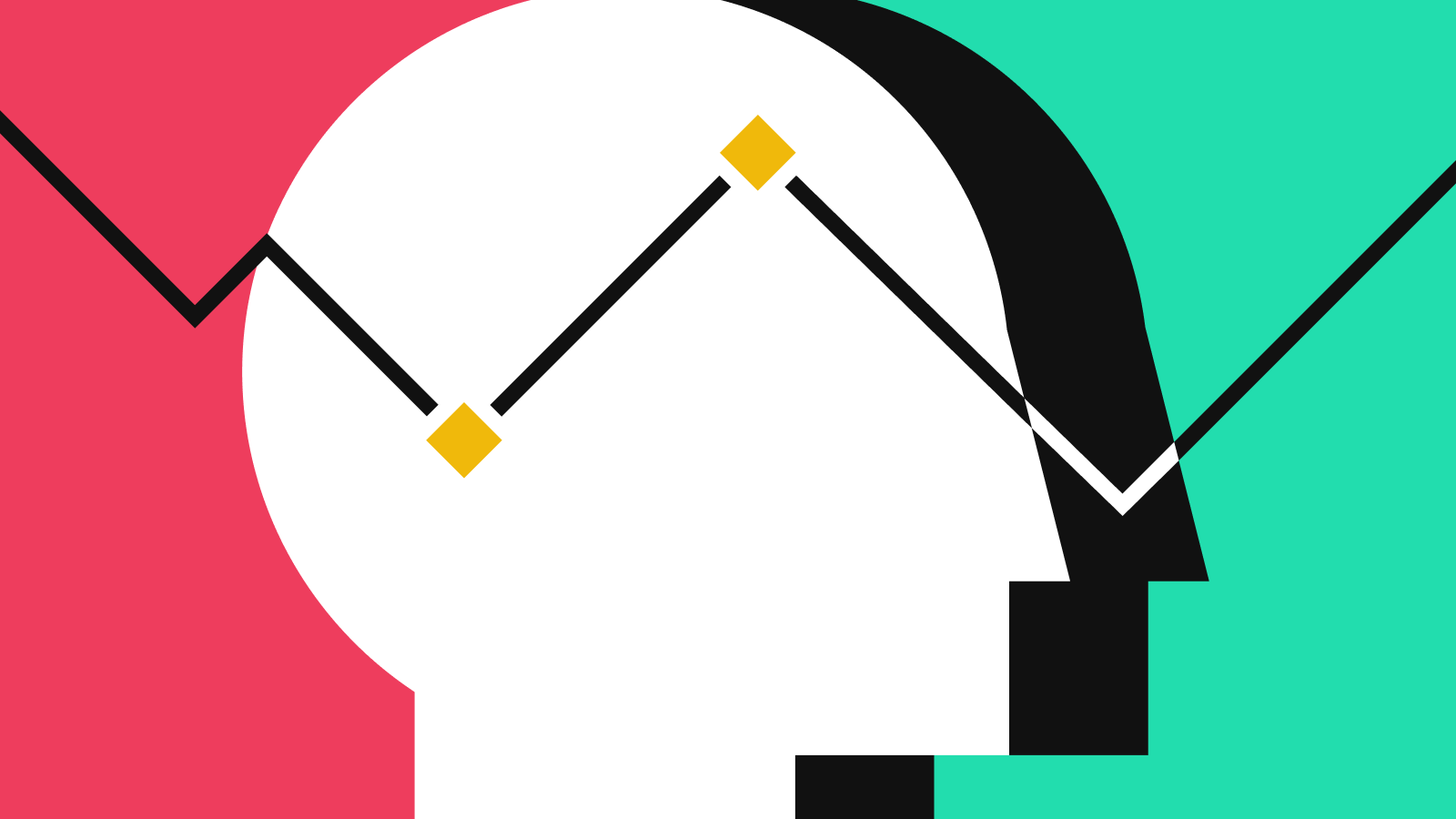
Простыми словами, фиатная валюта это узаконенное платежное средство, ценность которого устанавливается правительством и выпускается им, необеспеченное физическим товаром или продуктом. Авторитет правительства это ключевой момент в определеннии ценности фиатной валюты. Большинство стран используют систему фиатных валют для покупки товаров и услуг, инвестирования и сбережений. Фиатная валюта заменила золотой стандарт и другие системы основанные на товарных отношениях в определении стоимости законного платежного средства.
Показать полностью... 




